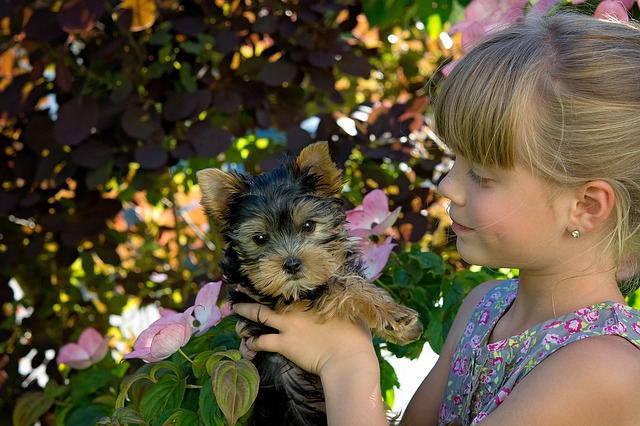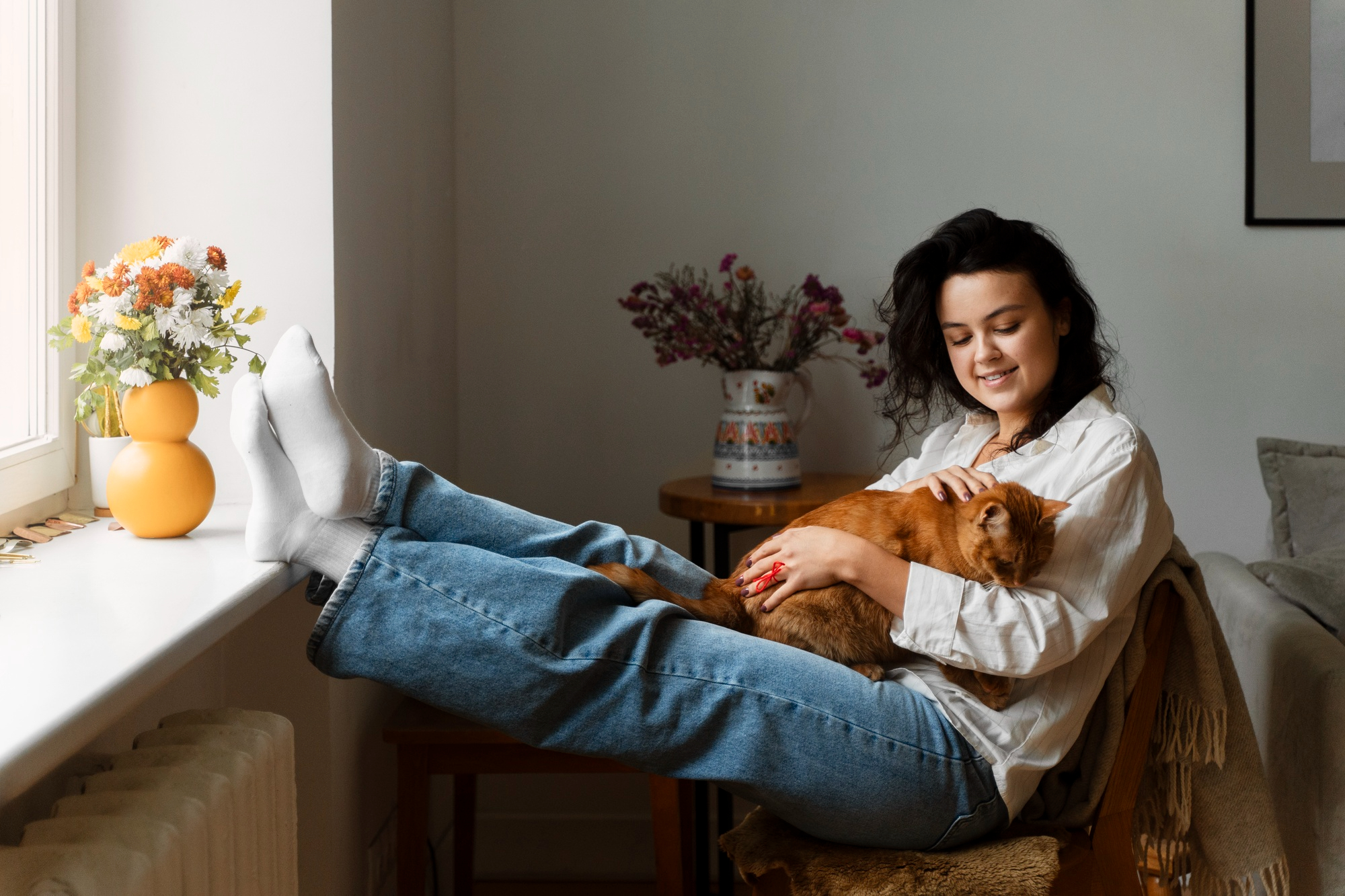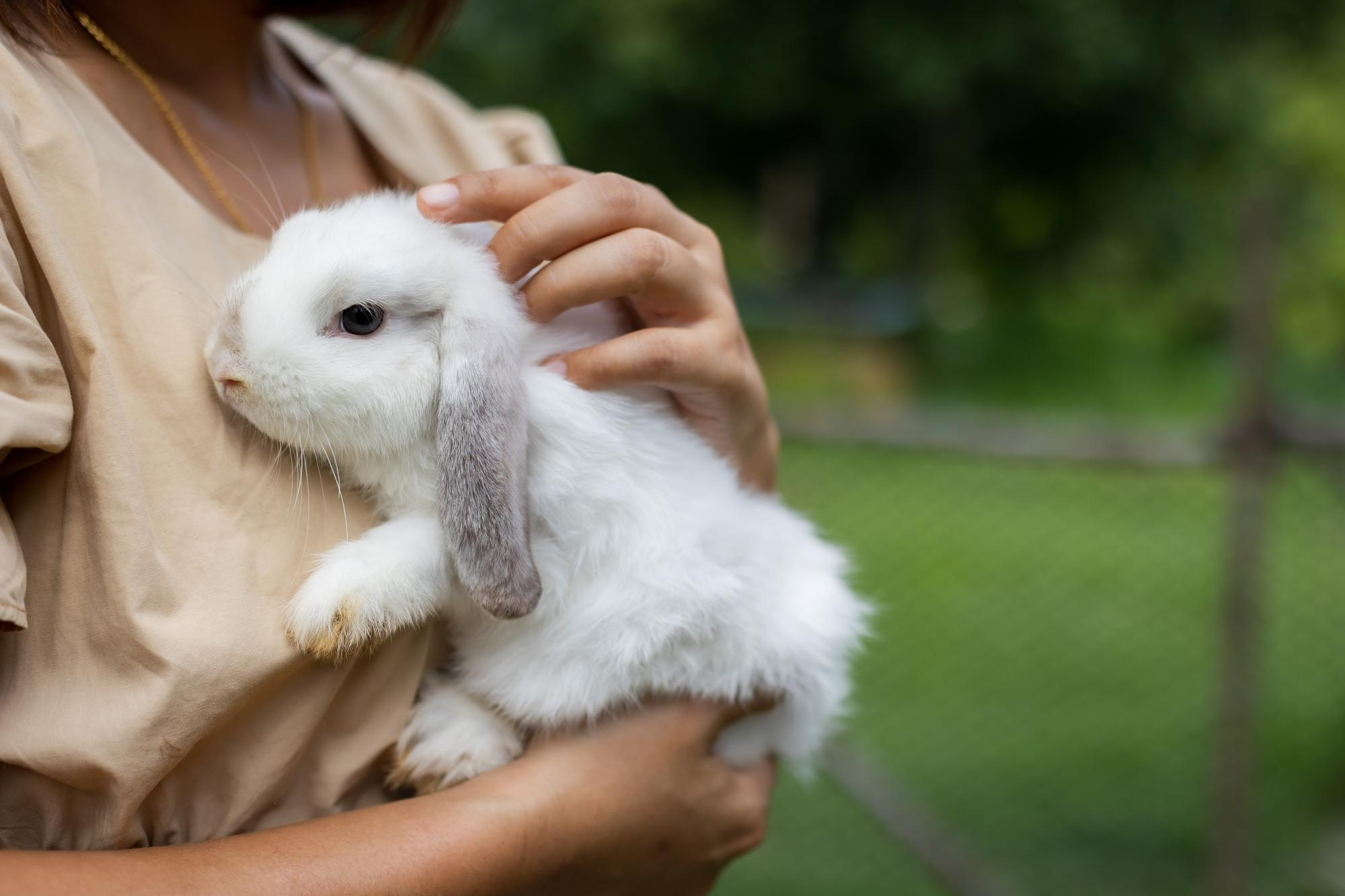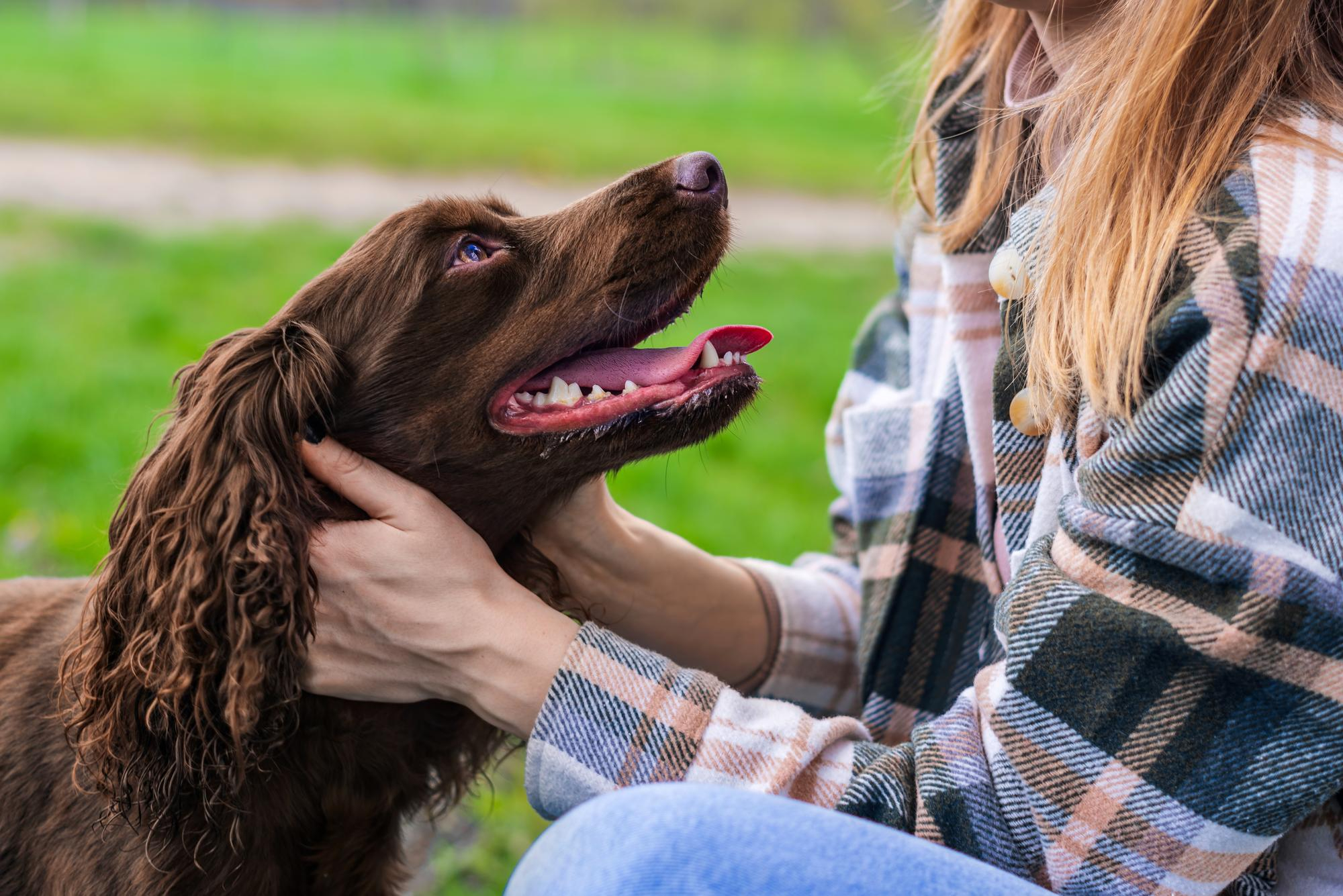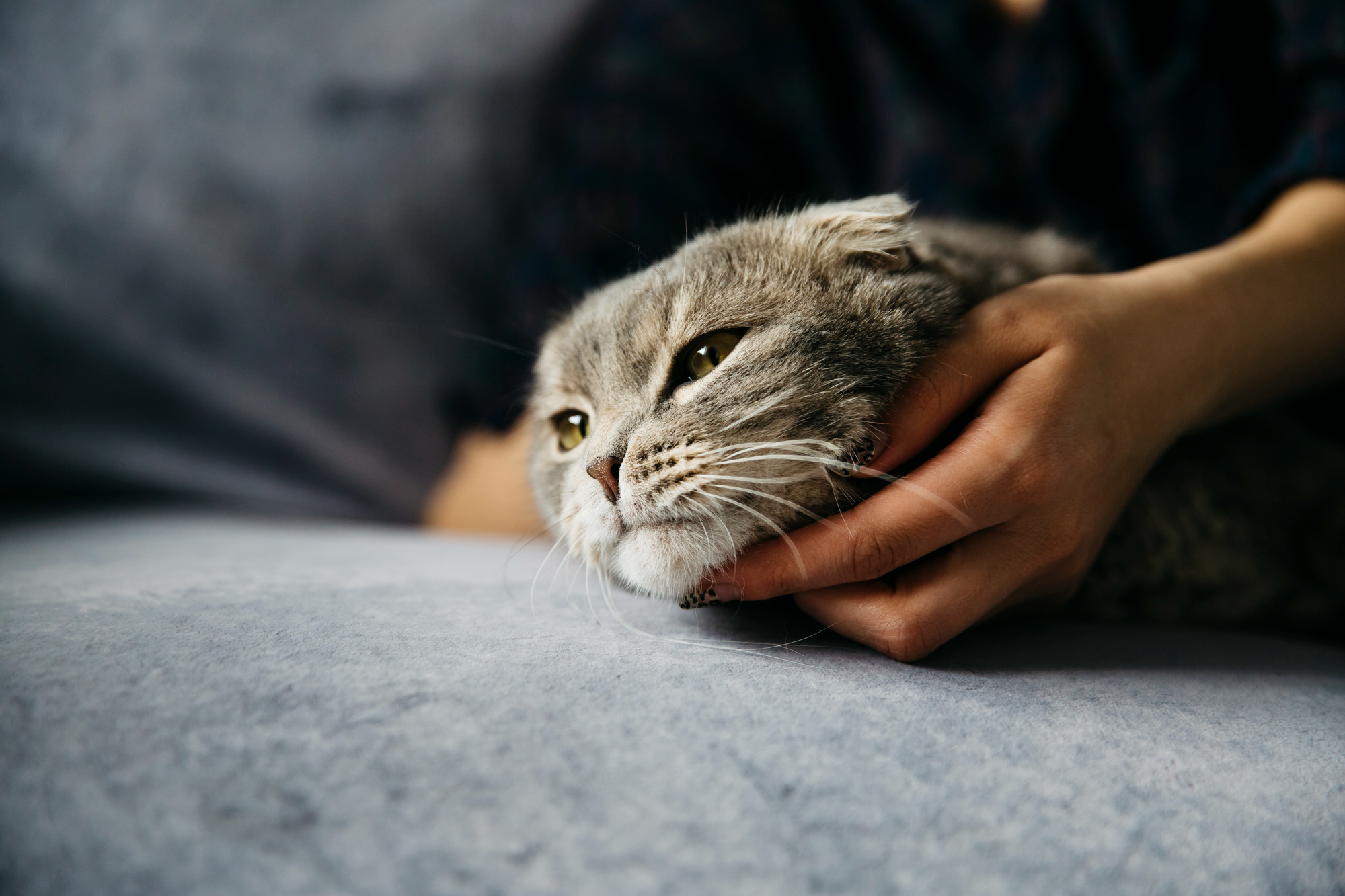Congratulations on your new babies! Fur babies, that is. If your family dog is now the mother of a litter, you as a new puppy owner have some parental duties as well to ensure each bundle of love gets the puppy care they need (as well as some cuddles!).
An Important Note
Before you read any further, please understand that we are not encouraging anyone to home breed dogs! If you do not wish to have puppies or you don’t have the financial security or space to raise multiple dogs, spaying or neutering your current dog is the first best step you can take. We understand that in some cases there are “Whoops” moments, however, or perhaps you’ve decided to adopt from a shelter such as VOKRA or the SPCA for foster care, and if that is the case then this article may be of use to you.
If this is your very first puppy and you want to be an awesome pup parent, this post is for you as well!
Week 0-2: We Have Puppies!
When they are first born, puppies are blind, deaf, and toothless, meaning they will be especially dependent on their mama for everything from eating and sleeping to staying warm. Their first impression of their environment should be warm, loving, and safe.
We know the puppies look very cute after they are born, but did you know it’s actually a bad idea to touch the puppies constantly during the first week? The less human contact is made, the better. This is the time for mama dog to do her part as a mother by letting the puppies eat, sleep, and cuddle her; cuddling is especially important as it will regulate the puppies’ temperature for them, preventing them from getting too warm or cold. The puppies’ weight should double over time during the first week, and they will spend the majority of their day sleeping or feeding off of their mother’s milk. The milk contains the nutrients needed to help boost their immune systems.
Fair warning, their sleeping area is bound to get messy! Mama will be licking them to both keep the puppies clean as well as stimulate them so they know to urinate and defecate. You will need to clean up after everyone in the area regularly.
Week 2-3: Peek-a-boo, We See You!
Week 2 is when you get to see the puppies’ eyes and ears open at last! Their ears will usually open after 2 weeks have passed since birth, and their eyelids usually open between 10 to 16 days after birth. This is the period of time when they are finally realizing there is a bigger world beyond their mother’s care, and they’ll be finding their vocal chords by yelping, whining, and barking. Their senses will have improved, and they’ll be able to tell light from darkness. Do not force your puppies’ eyes open during this week! This could lead to permanent blindness as well as make them more vulnerable to infections.
Around week 3—only if Mama is okay with this—you as the owner can start picking up the puppies several times a day. Always be gentle and don’t take them out of Mama’s sight! They should be much heavier than they first were at birth, but their legs and bones are still developing. Be extra gentle when picking them up and putting them down!
Please note that if mom has not been dewormed during her pregnancy, then she and the puppies can start their deworming protocol after 2 weeks as parasites can be transferred from mom to her pups.
Week 3-4: It’s Time to Play
Weeks 3 to 4 are when the puppies find their sense of momentum and mobility. If there are sudden sounds or loud noises, they will respond accordingly with startled barking, yelping, and whining.
Food-wise, while the puppies may not be ready to eat regular puppy food during week 3, you can start weaning them off of Mama by giving them soft, wet food (ask your veterinarian for the right kind!). It may be a good idea to combine the food your dog vet recommends for the puppies with Mama’s milk to form a gruel. Your vet may recommend bottle feeding depending on how well the puppies take to their new food (never hesitate to ask if you’re not sure!). By the end of week 3, the puppies will be crawling, and you’ll even see lots of tail wagging.
During the fourth week, the puppies will be much more active; they’ll be standing on all four legs, running, walking, and even pouncing. Mama will be able to teach them to eliminate outside of their sleeping area. They’ll be playing more often with their littermates and learning the difference between biting hard and biting gently. The puppies will not be so dependent on Mama to help them during this week. This is when they are building their individual sense of independence, and maybe a little bit of personality too!
Week 5-6: Time to Get Involved
Now that week 5 has arrived, it’s time for puppy cuddles! This is the crucial week where the more a puppy socializes, the better it is for their well-being and the more likely they will learn to be more obedient. Walking the puppy, even if only around the house if they’re ready for outside, is highly encouraged! This is also the best time to house train them, being sure to encourage their good behaviour but not so much their bad behaviour. Be aware of household dangers while training the puppies however, such as chemicals and house plants to lessen their risk of being hurt or injured.
During these two weeks, you can start providing the puppies with individual bowls of gruel and milk replacer (do NOT use regular cow’s milk as this can upset their digestive system!). Place these food bowls in a separate room so that the puppies grow to understand where they are and are not allowed to eat (it will also discourage them from begging for food they shouldn’t eat, i.e. your food).
While training your puppy, be sure that they are not constantly itching, grooming, rubbing, or chewing on their own skin, ears, and fur. This is not normal behaviour for puppies; these are signs of an underlying skin or ear problem that should be diagnosed and treated at once. Also, be aware that bathroom accidents in your home are bound to happen while house training them. If going outside is not an option for them, use newspapers and designate a corner of the room in your home for them where they can urinate or defecate and you can clean up afterwards easily.
Week 7-8: From Dog Baby to Toddler
It’s around this time frame where it is best to bring your puppies to your veterinarian for vaccinations and a precautionary worming treatment. You can also start grooming your puppies if they are long-hair breeds or require specific healthcare, such as skin treatments.
Regular check-ups on their ears, teeth, and nails are highly recommended, not only for the great social interaction but also because the earlier you start on the nail trimming and grooming, the easier it will be to groom them, brush their teeth, and provide medicine. It’s okay to ask for help from your family veterinarian if any of these tasks are proving difficult!
By week 8, a puppy should be fully weaned away from Mama, they can start eating regular puppy food (mostly solids), and if they need to be adopted they can be. Normally, a puppy should not be adopted unless it is over 8 weeks old; this is recommended so that they can develop properly and in a healthy way.
Whether you’re learning how to be a great new pet parent, or you just love puppies in general, we hope this article has proven to be of use to you. Above all else, enjoy your new little bundle of furry joy!
Creative Commons Attribution: Permission is granted to repost this article in its entirety with credit to Hastings Veterinary Hospital and a clickable link back to this page.

